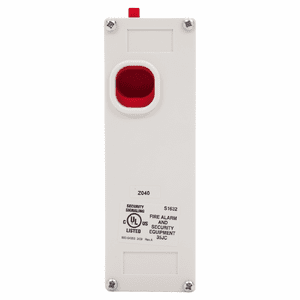Panic Alarm Buttons - GeoArm Security®
Free for orders $200 & above!
Free for orders $200 & above!
Free for orders $200 & above!
Free for orders $200 & above!
Free for orders $200 & above!
Free for orders $200 & above!
Free for orders $200 & above!
Free for orders $200 & above!
Free for orders $200 & above!
Free for orders $200 & above!
Free for orders $200 & above!
Free for orders $200 & above!
Free for orders $200 & above!
Panic Buttons
Used for Emergencies!
A panic alarm button can be used in emergency situations where someone feels threatened or vulnerable. It is typically a standalone button that can be pressed or a button incorporated in a watch or lanyard fob wearable setup, that can be pressed to activate the alarm system. The button can be wired or wireless and is often used in security systems, such as in homes, businesses, banks, hospitals or schools. When activated, a panic alarm button will generate a loud, audible siren to alert people in the area that an emergency situation is occurring and they should take appropriate action.
When a panic alarm button is pressed, the GeoArm central monitoring station receives the signal and based on the type of signal and the nature of the emergency will dispatch the appropriate response. In most cases, this will involve alerting the appropriate emergency services such as the police, fire department, or ambulance. Our central operators will also attempt to contact the property owner, keyholders, or designated emergency contacts to inform them of the situation and ask for further information or confirmation of the emergency.

Common Uses for Panic Alarm Buttons?
1. Personal Safety - A panic button provides a quick and easy way to call for help if you feel threatened or in danger.
2. Medical Emergencies - People with certain medical conditions may need immediate assistance at any moment. A panic button can be used to quickly call for medical help in case of an emergency.
3. Vulnerable Individuals - Elderly people or those with disabilities may be more vulnerable to accidents or attacks, so having a panic button can provide peace of mind and a way to call for help in case of an emergency.
4. Business Security - Panic buttons can be used in businesses to alert security personnel or law enforcement in case of a robbery or other security incident.
5. Educational Institutions - Panic buttons can be installed in schools and universities to quickly alert authorities in case of an emergency or active shooter situation.
6. Hotel Safety - Panic buttons can be provided to hotel staff as a safety measure, in case they encounter an unruly or threatening guest.
Installation Tips for Panic Alarm Buttons?
1. Strategic Placement - Install the panic buttons in easily accessible locations where they can be quickly reached in an emergency. Common places include under desks, near entry points, or in high-risk areas
2. Visibility and Accessibility - Ensure the buttons are visible and accessible to authorized users but discreet enough to avoid tampering or accidental activation by unauthorized individuals.
3. Wiring and Connectivity - If the panic button is wired, ensure that the wiring is secure and hidden to prevent tampering. For wireless models, check that the signal is strong and reliable in the installation area.
4. Testing - After installation, test the panic button to ensure it sends the correct signal to the monitoring system or security personnel. Regular testing should be part of routine maintenance.
5. User Training - Train all potential users on how to use the panic button, including when and how to activate it, and what to expect once it is pressed.
6. Signage - Consider adding discreet signage to remind users of the button's location and purpose without drawing unnecessary attention.
7. Integration with Security System - Ensure the panic button is properly integrated with the overall security system for immediate response and notification.
8. Battery Maintenance - For wireless models, regularly check and replace batteries to ensure the button is always operational.



















